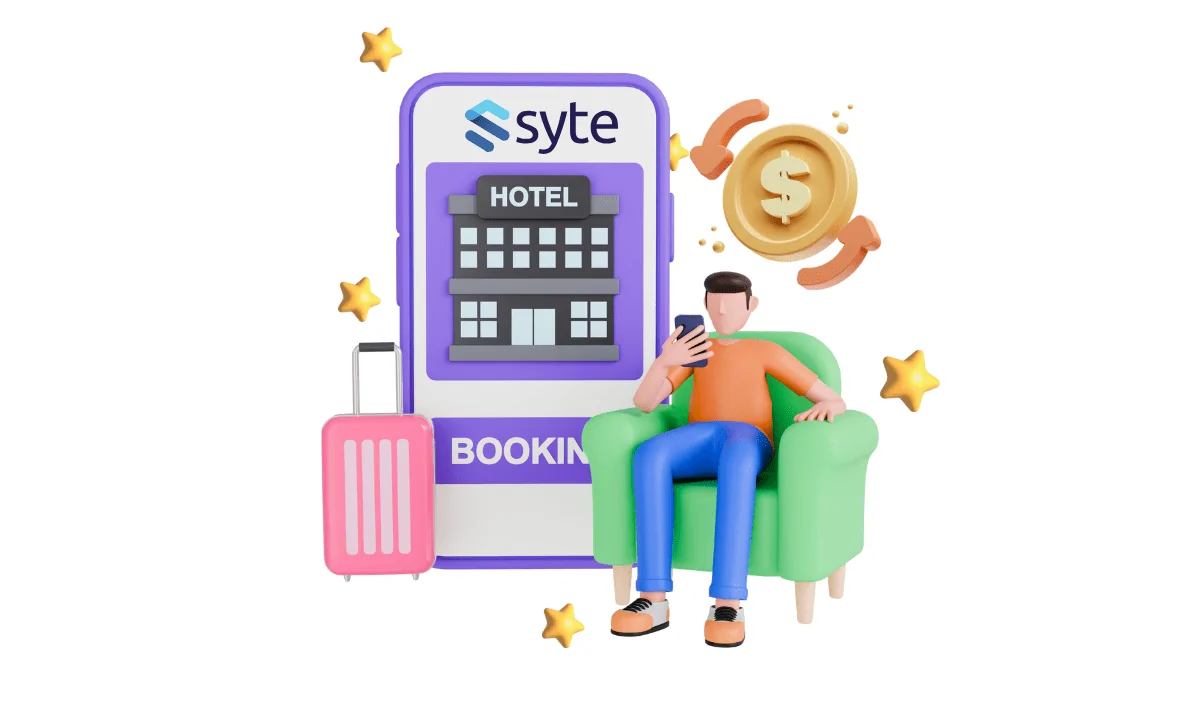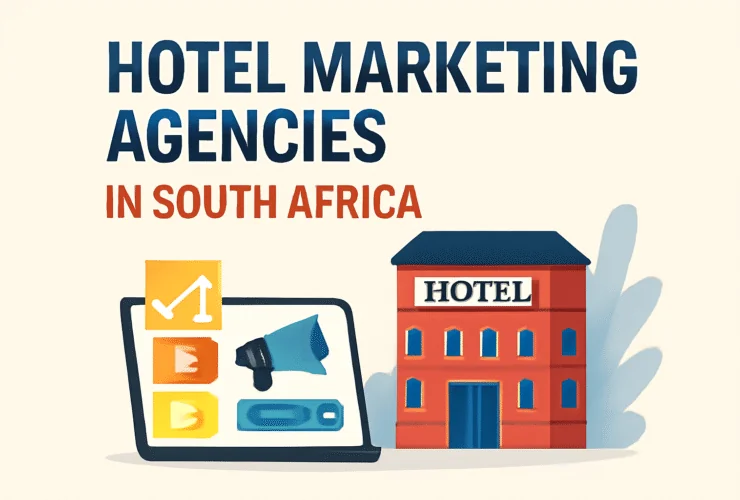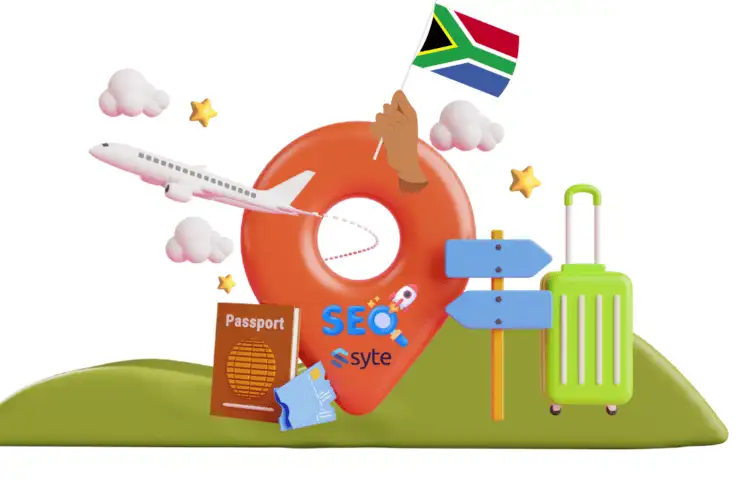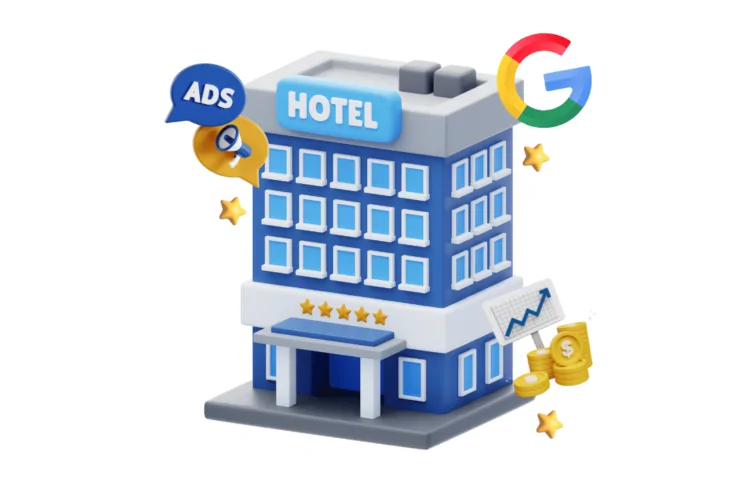The hotel booking world has changed a lot recently because of new technology, what people want, and new companies showing up. This article talks about the best hotel booking engines in 2024 and explains their main features, benefits, drawbacks, and the trends shaping the industry.
Market Overview and Key Players
Overview of the Competitive Hotel Booking Market
The market for hotel booking is very competitive, with many online travel agencies (OTAs), aggregators, and direct booking platforms trying to get more users. Famous names like Priceline, Expedia, and Hotels.com continue to change their strategies, while new platforms such as Google Hotels, Kayak, and Agoda are becoming popular.
Traditional Players and Their Evolution
- Priceline: Known for a balanced booking experience and a VIP rewards program, Priceline offers savings of up to 10% for members and discounts of up to 50% for Platinum status holders. However, it doesn’t offer room upgrades or extra perks.
- Expedia and Hotels.com: These platforms share the One Key rewards and loyalty program, providing similar prices and a smooth booking experience across both platforms. This setup allows users to book on one site and use rewards on the other, which improves customer loyalty and ease of use.
- Agoda: Originally focused on Asia, Agoda has expanded and is now known for its low prices in Asia and South America. It offers easy booking, displays up to 90 results per page, and allows large group reservations, although it might not always have better prices than booking directly with hotels.
Rise of New Entrants and Specialized Platforms
- Google Hotels: Famous for having the cheapest average prices and many search results, Google Hotels allows users to apply numerous filters to refine searches. However, users should be careful of prices that might increase after providing personal information.
- Kayak: Kayak is known for having lots of search results, making it great for finding cheap room rates. It informs users about possible lower prices hidden behind logins or memberships, though dealing with too many options can be overwhelming.
- Trivago: While it offers focused results and ranks as the second-cheapest, Trivago doesn’t have a rewards program. Its ranking has fallen due to inconsistent performance in some areas, like Buenos Aires.
Online Travel Agencies (OTAs)
Priceline’s Balanced Booking Experience
- VIP Rewards Program: Offers savings and discounts for members.
- Lack of Perks: No room upgrades or extra benefits.
Integration of Expedia and Hotels.com
- One Key Rewards Program: Seamless experience across both platforms.
- Customer Loyalty: Improved through integrated booking and rewards.
Agoda’s Expansion and Strengths
- Low Prices in Asia and South America: Competitive pricing.
- Large Party Reservations: Allows bookings for large groups.
Aggregators
Google Hotels’ Competitive Pricing
- Cheapest Average Prices: Offers many filters for refined searches.
- Caution with Pricing: Potential for price increases after sharing personal details.
Kayak’s Extensive Search Results
- Vast Number of Results: Great for researching room rates.
- Hidden Deals: Might find lower prices through logins or memberships.
Trivago’s Focused Results
- Second-Cheapest Overall: No rewards program.
- Regional Performance Challenges: Not consistent in some areas.
Specialized Platforms
HotelsCombined’s Filtering Capabilities
- Best Set of Filters: Screens out hotels that don’t meet specific needs.
- Lack of Loyalty Programs: No rewards for frequent users.
TripAdvisor’s Review System
- Customer Reviews: Sometimes shows cheaper prices than direct bookings.
- Challenges with Fake Reviews: Keeping reviews credible is tough.
Emerging Trends and Technologies
Integration of Advanced Filters
- Personalized Search Options: Sites like Kayak and HotelsCombined offer strong filtering capabilities.
Emphasis on Transparency in Pricing
- Full Prices Displayed: Platforms like Trip.com and Skyscanner include taxes and fees in their prices.
Importance of Mobile Optimization
- Last-Minute Bookings: Platforms like HotelTonight and Agoda cater to on-the-go travelers.
Loyalty Programs and Rewards
Role in Customer Retention
- Effective Programs: Priceline’s VIP rewards and the One Key program enhance customer experience.
Drawbacks of Lacking Loyalty Programs
- Trivago and HotelsCombined: Lack of loyalty programs can be a significant drawback.
User Experience and Interface
Importance for Luxury Hotels
- Seamless and Opulent Experience: Customizable upselling options and high-end security features.
Need for Customizable Packages
- Resorts: Ability to tailor packages with room types, meals, and activities.
Simplicity and Speed for Smaller Hotels
- Mobile-Optimized: Quick, hassle-free booking process with minimal steps.
Regional Performance
Agoda’s Strengths in Asia and South America
- Consistent Performance: Known for low prices and easy booking.
Trip.com’s Performance in European Cities
- Competitive Pricing: Performs well in cities like Paris and Rome.
Trivago’s Challenges in Regions
- Inconsistent Performance: Struggles in areas like Buenos Aires.
Challenges and Limitations
Issues with Deceptive Pricing Practices
- Price Increases: Concerns over price changes when personal information is provided.
Risks with Lesser-Known Websites
- Aggregator Challenges: Potential reliability issues on platforms like Kayak.
Impact of Fake Reviews
- TripAdvisor’s Credibility: Maintaining review authenticity is crucial.
Conclusion
In 2024, the hotel booking engine world includes a mix of traditional OTAs, new aggregators, and specialised platforms. Important trends involve advanced filters, clear pricing, mobile-friendly designs, and valuable loyalty programs.
People want a smooth, personal, and honest booking experience. As the market changes, booking engines need to adapt to local preferences, improve their user experiences, and tackle problems like tricky pricing and fake reviews to stay ahead.
Choosing the right booking engine in 2024 depends on things like the kind of hotel, the travel destination, and the value placed on loyalty programs and clear pricing. By learning about these factors, travellers and hotel operators can make smart decisions to enhance their booking experiences.
If you’re in the hospitality business and want to boost your digital marketing strategies, Syte can help. We’re experts in digital marketing, offering solutions tailored to your specific needs. Contact us today to see how we can support your success in the competitive hotel booking market. Contact Syte



